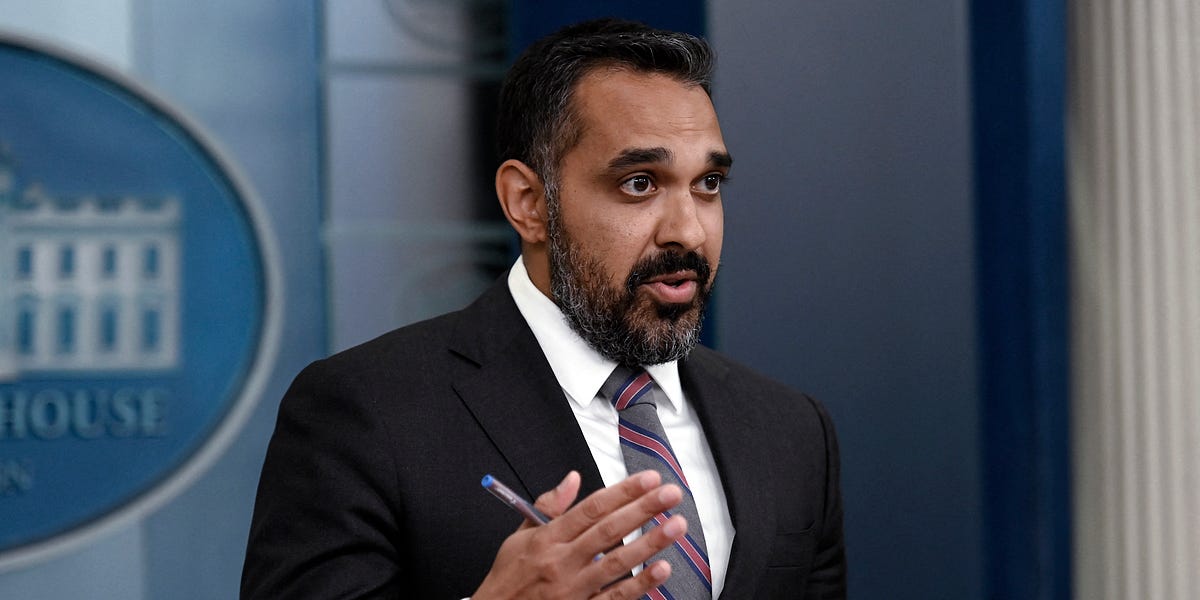It's been interesting to me, you know, looking at the campaign. I mean obviously I'm not sure Democrats have quite outlined their… there's a lot of concern that Trump may win, the senate map is very rough for Democrats. But there's also a chance that Democrats just do well, we take a majority in the House. And then it raises the question of what would they address? What would they prioritize? And I don't know if you have thoughts on that, like if things worked out well, that ended up on the cutting room floor last congress. What do you think is most important?
BR: I think the the fact of the matter is, as you know in 2025, all of the individual tax provisions of the 2017 Trump tax bill expire, so the higher standard deduction and the state and local tax cap and the estate tax. All these different changes worth trillions of dollars are set to expire, and so you know, my prediction is that 2025 will be largely focused on tax policy and what are we going to do about these individual provisions that are expiring. Some of them will raise taxes on people making under $400,000 but a lot of them are about extraordinarily wealthy households. Which of them do we extend, which ones do we modify and so on. So I think that I would not be surprised if a lot of these “social policy arguments” — cost of housing, cost of child care, paid leave, and so on — get mixed up into this tax policy fight. And all of them are potentially… there's an attempt to try to address some or all of them by a tax policy, right? Because when there's one train leaving the station, everyone tries to hook their thing onto the train. Things like housing, it's fairly straightforward to use tax policy to to accomplish. Got the goal there of having more affordable housing supply or things like child care for low income housing tax credit. There's a new thing, a bipartisan proposal called the neighborhood homes credit which is about supporting homeownership.
MY: In terms of like who gets the low income housing tax credit…
BR: Ah, first-time home buyers and so on, you know, ideas that the president has endorsed that I think we can do via tax policy. It's a little bit trickier as we look at childcare and and paid leave and so on. But again, there's ways of at least helping on those issues via tax policy. But then if you start to put those things into the mix, you have to figure out, you know, whether and if so how you are going to address the cost of those provisions using other tax revenue measures. So, I guess my answer would be we're going to have to do something on tax policy in 2025. I think it's a good opportunity to go back and try to do some of the things that I think we know we need to do on these structural problems —paid family leave, child care, housing, and higher education. That's a long list, but that's where I would start, and I think it's good that some of the other really important longstanding priorities, primarily on the supply side, have been largely addressed.
And the last two years, with the Inflation Reduction Act on clean energy, with the infrastructure bill, those are huge, huge things that will pay off in the long term with more productivity in the US economy and more supply. And Secretary Yellen has talked a lot about this sort of supplyside progressivism that is underlying those bills. It's a big deal that we have gotten those things largely out of the way (not to say we're totally done), and then we can go back and focus on these other pieces of unfinished business from the first term. I think that that that's got to be the priority. But again, I would I would venture to guess that a lot of it will happen in the context of a tax fight that has to happen. As you know, Congress is very motivated by deadlines and things that are expiring and that tends to become top of mind.
MY: So essentially, the question is, your best chance of getting anything done is to find a way to hook it into a sort of inevitable clash about expiring tax provisions and whatever you can squeeze into that frame…
BR: Exactly, yeah, I think so.

